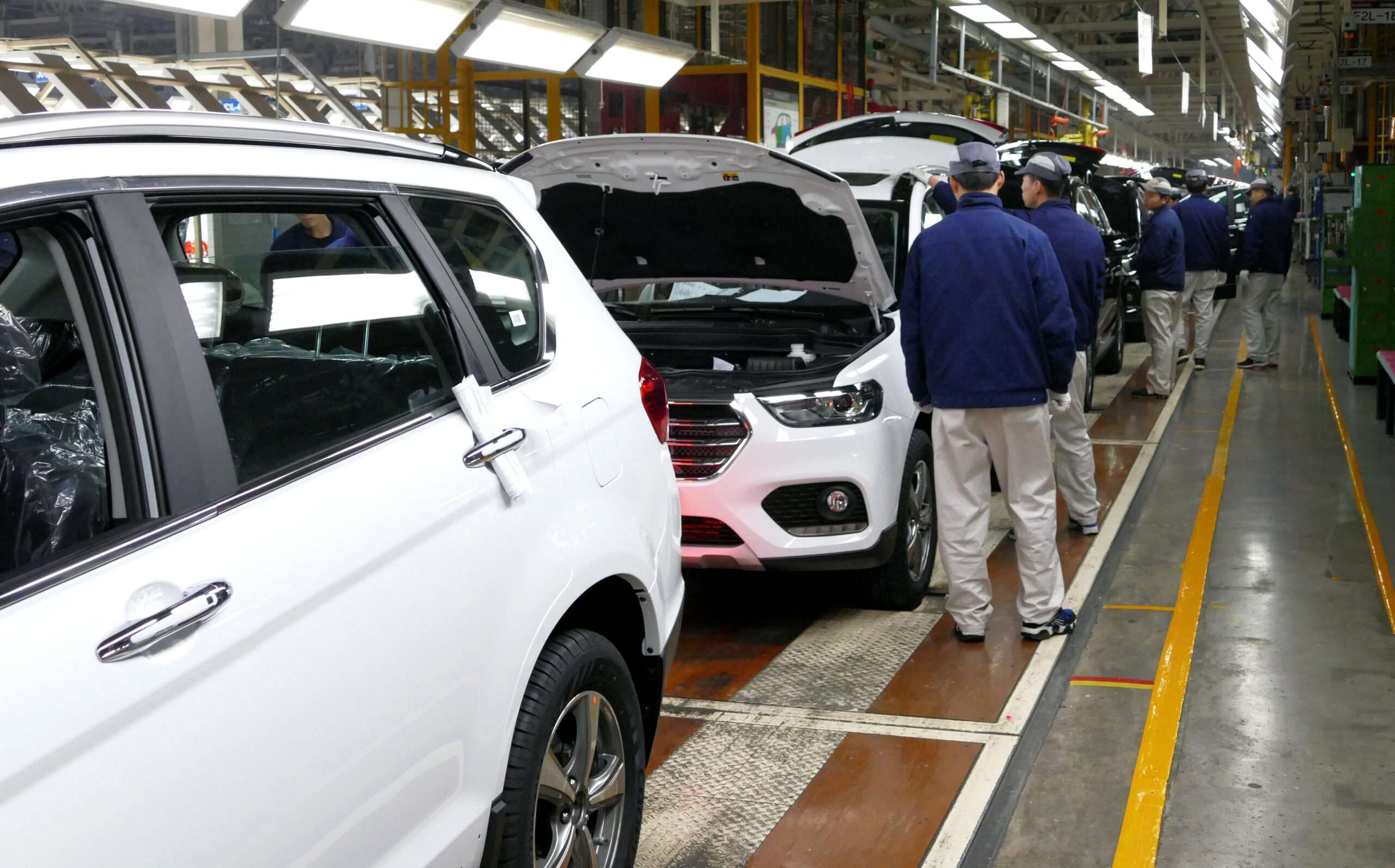
When it comes to spending government money in the private sphere, China is second to none. Now, the country is doubling down on subsidies for the production of electric vehicles (E.V.s). The U.S. should make sure not to follow suit.
As Yoko Kubota and Clarence Leong wrote in The Wall Street Journal this week, China is "encouraging unprofitable carmakers to keep producing as officials try to boost economic growth, preserve jobs and expand China's role in the global electric-vehicle business." The authors detail Zhido, a shuttered Chinese E.V. manufacturer that has reentered the market. "State-backed funds and dozens of other investors pumped fresh capital into the company late last year—despite widespread signs that China has too many carmakers to serve its needs."
In fact, "China spent roughly $173 billion in subsidies to support the new energy-vehicle sector, which encompasses electric and plug-in hybrid vehicles, between 2009 and 2022," write Kubota and Leong. By 2019, there were 500 E.V. manufacturers in China. But that same year, the government started paring back those incentives, and by 2023, the number of automakers had shrunk by 80 percent.
Now, though, the country is ready to throw good money after bad: "Chinese leader Xi Jinping has called on local leaders to promote 'new productive forces'—a buzzword in Chinese policy circles for the need to promote high-value manufacturing industries." Local leaders responded by pumping money into struggling companies—in one case, giving the equivalent of $27.5 million to a company that had sold fewer than 2,000 cars in the first quarter of 2024.
"China currently has the capacity to produce some 40 million vehicles a year, though it sells only around 22 million cars domestically," the Journal authors warn. As a result, the country's largesse "is adding cars to a global market that risks becoming more oversupplied."
Of course, E.V.s are not inherently a bad idea—especially in China, whose cities have a history of such severe pollution that it lowers the nation's life expectancy. A 2023 report found that air pollution in the country had fallen 42 percent between 2013 and 2021, adding two years to the average Chinese person's life—before a separate study the same year found that since 2021, the problem was getting worse again.
But as with anything, the advent of clean-energy technology should be driven by market forces. The Chinese government spent more than a decade subsidizing the production of electric vehicles, no matter whether consumers wanted to buy them. When the spigot of free money finally shut off, and manufacturers had to stand on their own, the country saw the rise of "E.V. graveyards," in which entire fields were covered in unsold or abandoned vehicles.
America would do well to heed China's example as a cautionary tale about industrial policy. China averaged 9.8 percent annual economic growth for 35 years starting in 1978; in 2013, officials pledged to keep growth at 7.5 percent—a two-decade low for the country, even if it would have been an enviable figure for any other nation.
But much of that expansion was driven by government spending, not market forces: For much of the 21st century, China embarked upon a construction binge, building residential and commercial developments as fast as possible with no regard for whether there were any tenants to fill them.
The result was China's "ghost cities," full of high-rise apartments and shopping centers in which nobody lived. Worried about rising debt, the Chinese government finally started drawing back its building spree in 2020. Since then, the country's real estate market has cratered, and its debt load has only deepened.
China's example provides further proof of why it's important to let consumers, not central planners, steer the marketplace. "China has a long history of auto overcapacity, with more than 100 domestic brands churning out more vehicles than the country's drivers buy each year," the Journal noted.
And yet, even though China's citizens largely aren't buying the cars that its companies are building, they're still paying for it indirectly through their tax money. And the automakers have no incentive to stop, so long as the money from the government keeps flowing.
"electric" - Google News
April 30, 2024 at 02:40AM
https://ift.tt/rnjDlck
China Is Doubling Down on Electric Vehicle Subsidies - Reason
"electric" - Google News
https://ift.tt/aTyOKGV
https://ift.tt/LRC4e9c
No comments:
Post a Comment